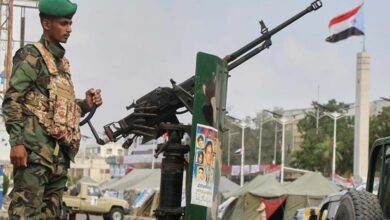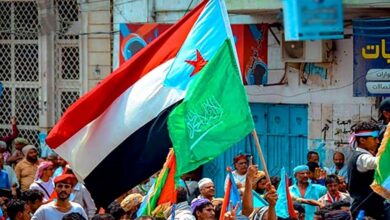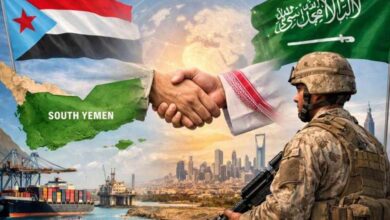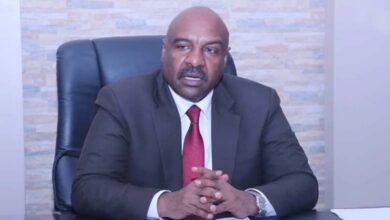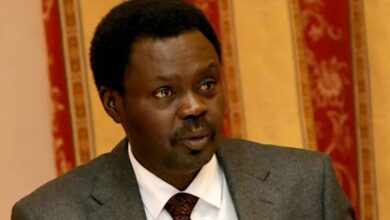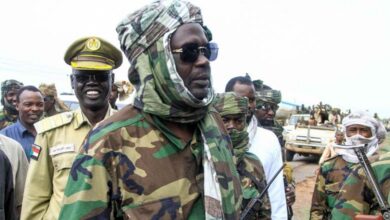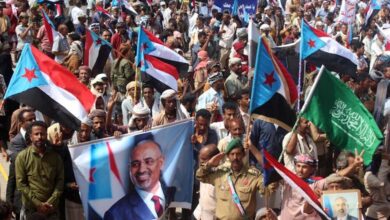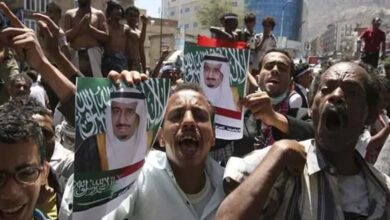The Political History of the Islamic Movement in Sudan and Its Relationship with the Army: The Case of al-Burhan
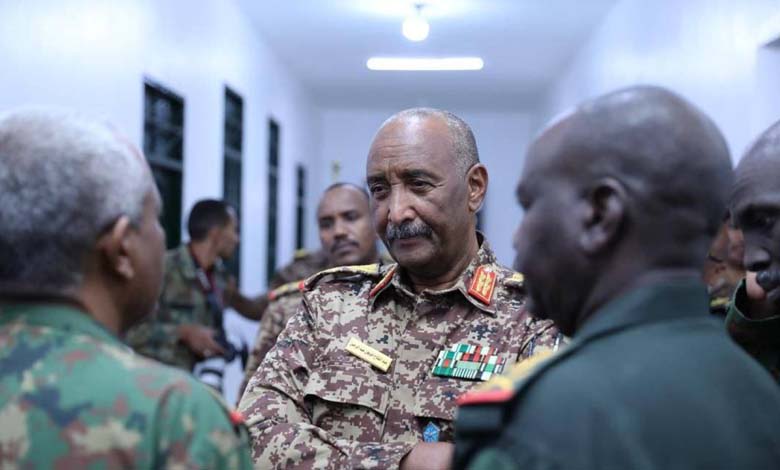
For decades, Sudan has witnessed a close intertwining between the military establishment and the Islamic movement, including its organic ties to the Muslim Brotherhood. The Islamic movement played a central role in shaping Sudan’s political landscape, especially after the 1989 coup led by Omar al-Bashir, which resulted from a tight alliance between the army and the Islamist current. The effects of this alliance persist to this day, with clear indications of General Abdel Fattah al-Burhan’s willingness to re-empower the Islamic movement within political life, albeit under new names.
-
Sudanese Army rejects ceasefire despite Ramadan, reflects Islamic Movement’s Stance
-
Islamic Movement Fueling Sudan’s War
The Political History of the Islamic Movement in Sudan
The Islamic movement in Sudan dates back to the 1940s with the establishment of a branch of the Muslim Brotherhood. Over the following decades, it evolved through political organizations such as the “National Islamic Front,” led by Hassan al-Turabi, eventually becoming a major force in Sudanese politics.
In 1989, the Islamic movement supported Omar al-Bashir’s coup against the democratically elected government of Sadiq al-Mahdi. From that point on, Islamists took control of state institutions, imposing their ideological project on the army, security services, judiciary, and education system. During al-Bashir’s rule, they managed to build a complex network of interests within the state apparatus, making their dismantling after the revolution a difficult and lengthy process.
-
Escalation of Tensions Between Sudanese Army Leaders and Islamist Militias: What Are the Causes?
-
Crisis of Trust between the Sudanese Army and Its Militias… What Lies Behind the Recruitment Freeze Decision?
The Army’s Ties with the Islamic Movement
Following the 1989 coup, the Sudanese army ceased to be a neutral institution and became a key instrument for implementing the Islamic movement’s agenda. Non-Islamist officers, or those perceived as ideologically unreliable, were sidelined, and the armed forces were restructured to ensure ideological loyalty to the Islamist current.
This relationship persisted even after al-Bashir’s ousting in 2019, despite the revolutionary forces’ attempts to dismantle the old regime. Within the army, powerful Islamist factions continued to maneuver to maintain their influence and sustain their networks of economic and security interests.
-
Darfur Burns Again: Armed Movements Use Civilians as Human Shields in El-Fasher
-
The Muslim Brotherhood’s Congratulations to the Sudanese Army… A Move That Reveals the Group’s Role in Fueling the Conflict
Al-Burhan’s Readiness to Facilitate the Islamic Movement’s Return
Current developments suggest that General Abdel Fattah al-Burhan is working to pave the way for the Islamic movement’s return to the political arena through new fronts. The plans underway aim to enable Islamists to resume their activities under names like “Popular Resistance” or “National Current,” avoiding traditional labels associated with the Muslim Brotherhood and the Islamic movement.
Al-Burhan does not exhibit hostility toward the Islamic movement; rather, he is repositioning it strategically to maintain the military’s grip on power. Current military and political maneuvers confirm that al-Burhan has not truly honored his previous commitments to the regional and international community regarding dismantling Islamist networks within the state.
-
Under the Muslim Brotherhood’s Sponsorship Purges Cracks and Serious Violations within the Sudanese Army
-
How the Muslim Brotherhood Brought Misery to Sudan
The ongoing agreement between al-Burhan and Islamic leaders seeks to provide a legal framework for their activities, ensuring their presence in Sudan’s future political landscape, despite international and regional pressures demanding the dismantling of the remnants of the former regime and the removal of the army from politics.
Sudan’s recent political history proves that the alliance between the Islamic movement and the army remains difficult to sever. With al-Burhan continuing to offer political cover for the Islamic movement under new guises, Sudan is entering a new phase of Islamist re-empowerment, further complicating the path to the democratic transition sought by the revolutionary forces.


